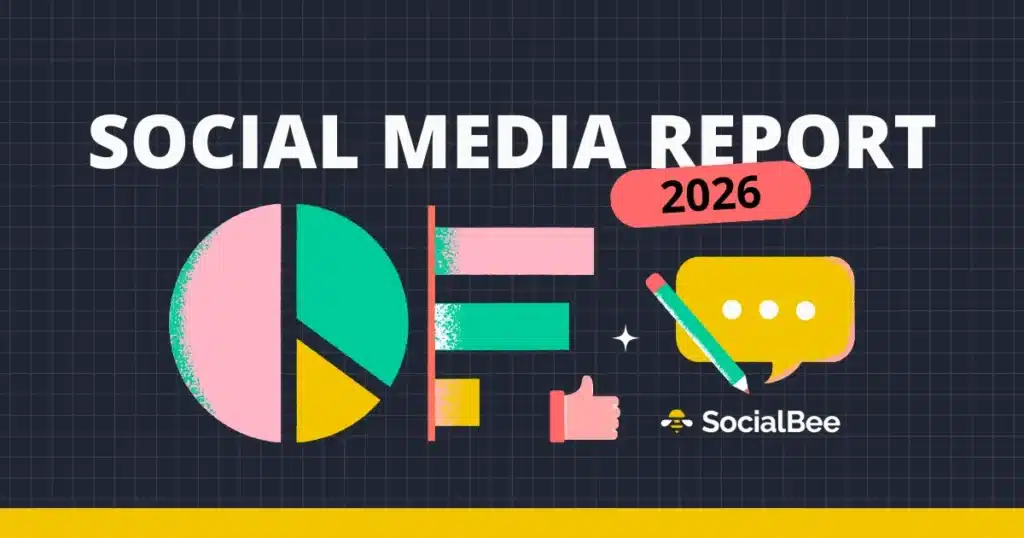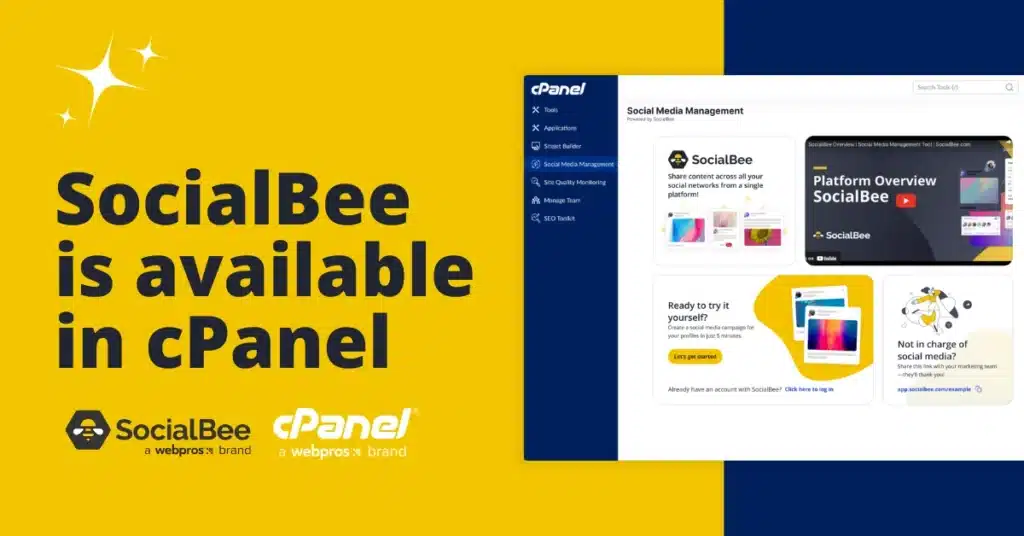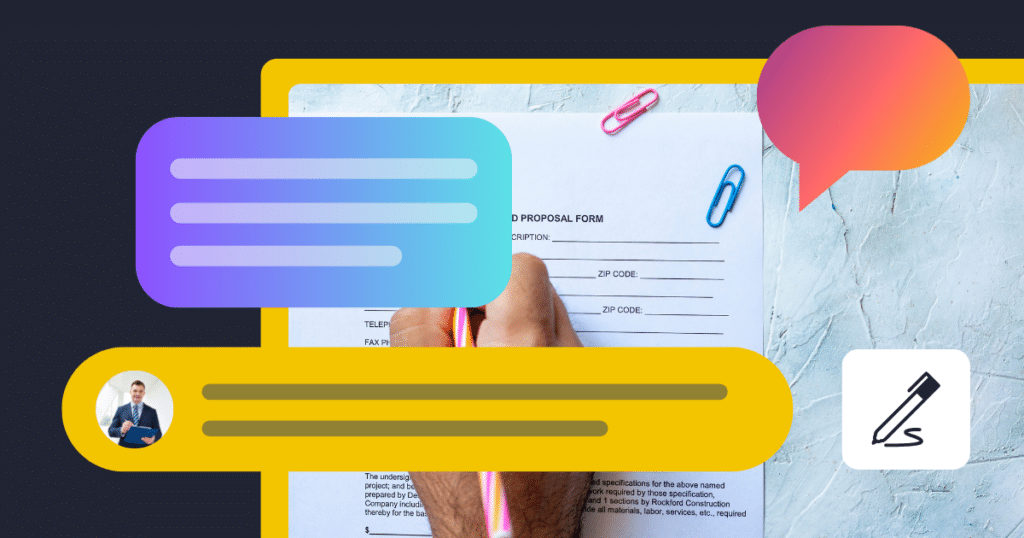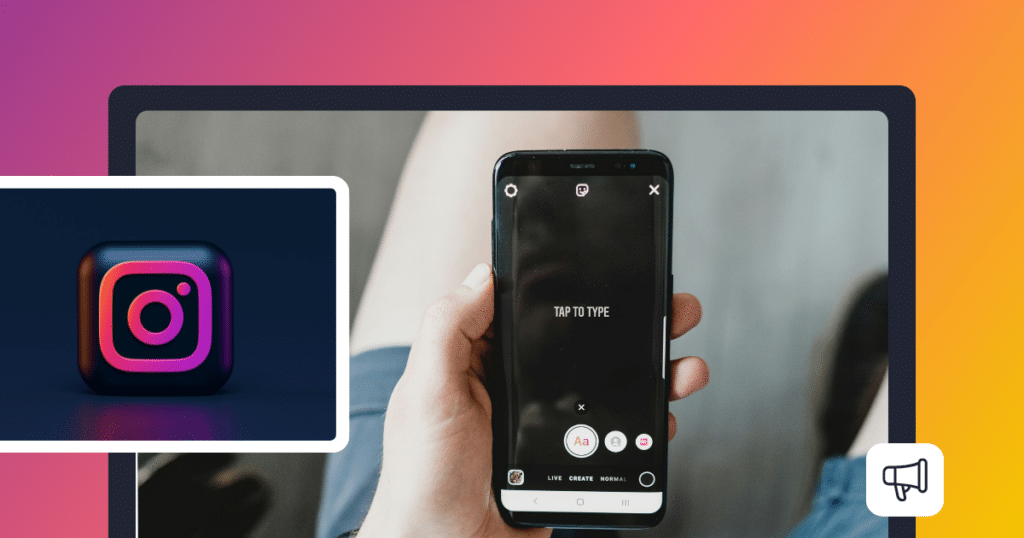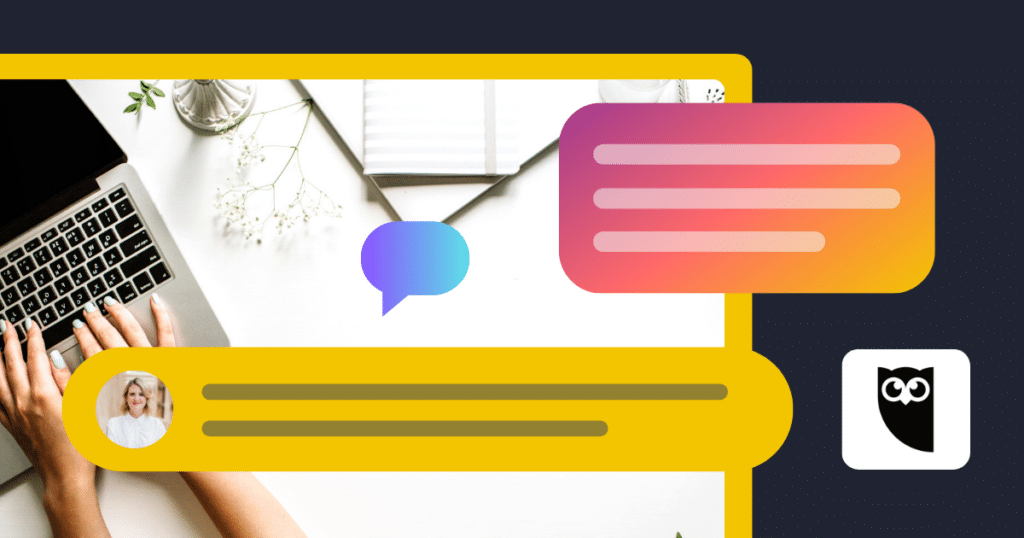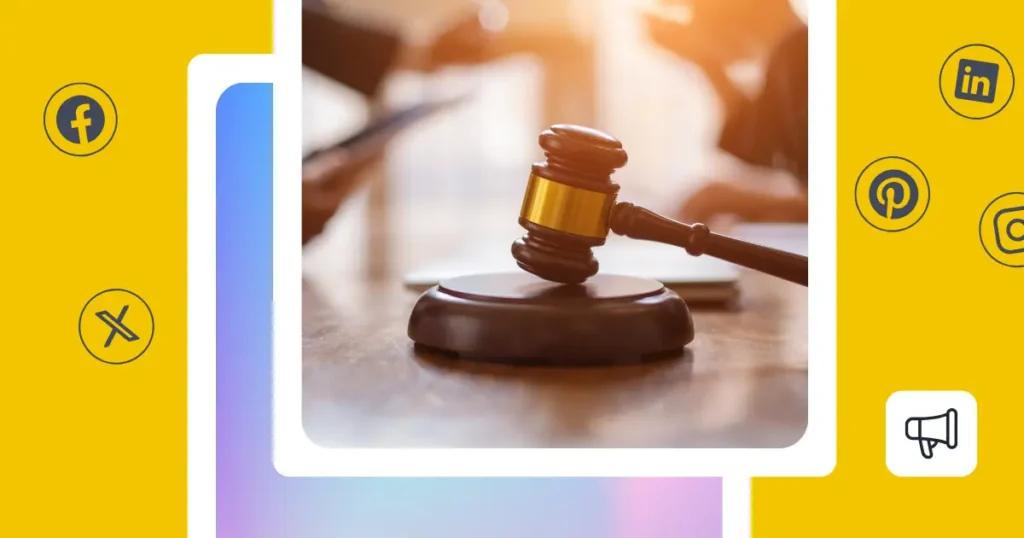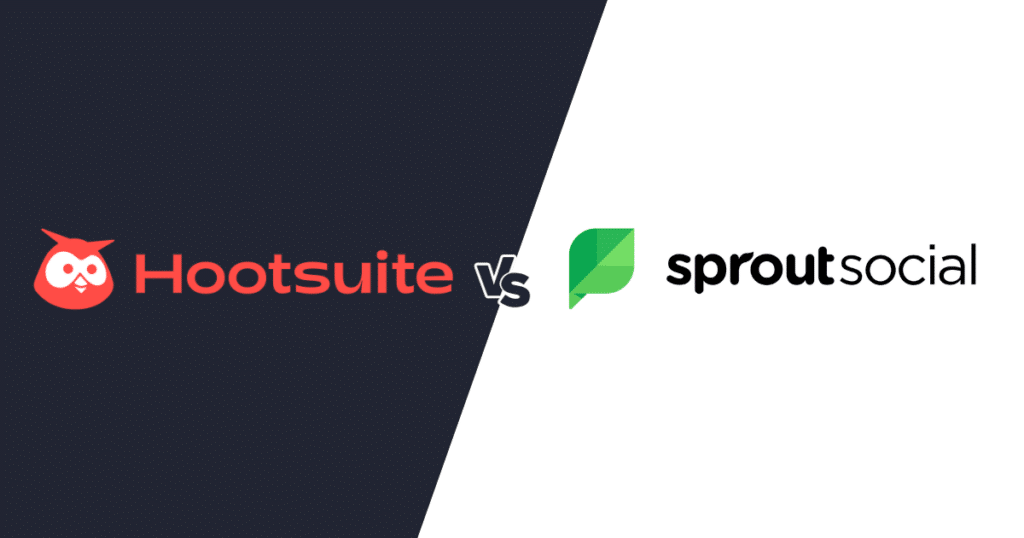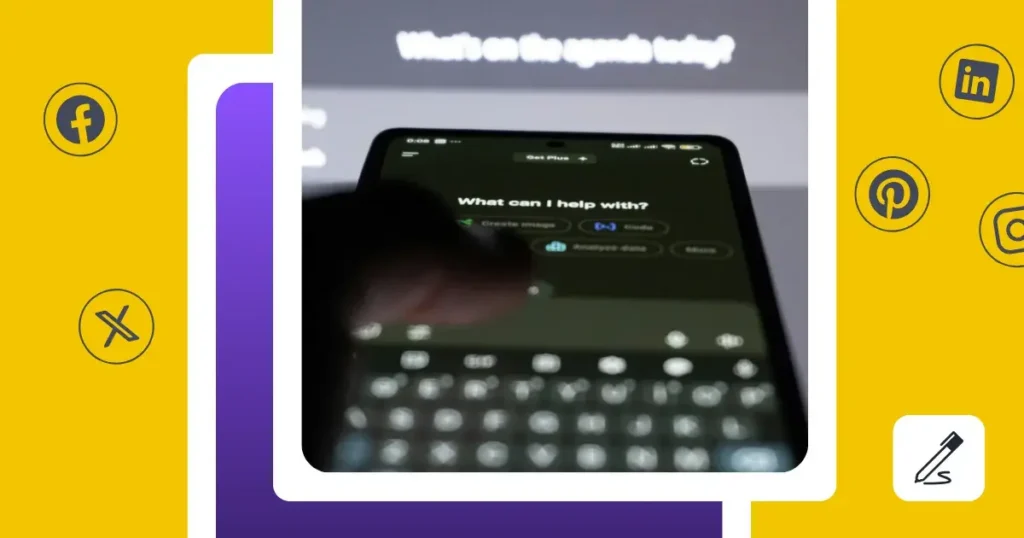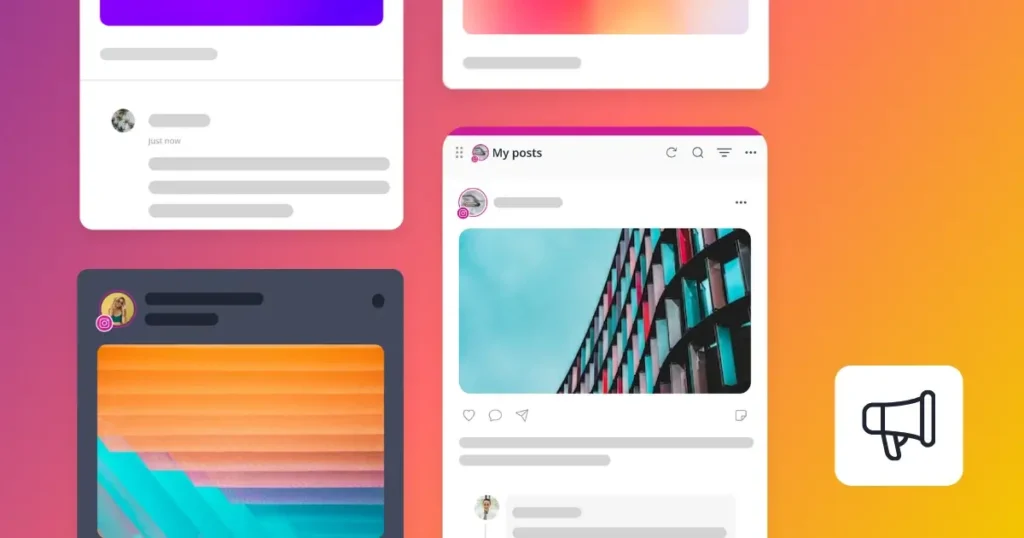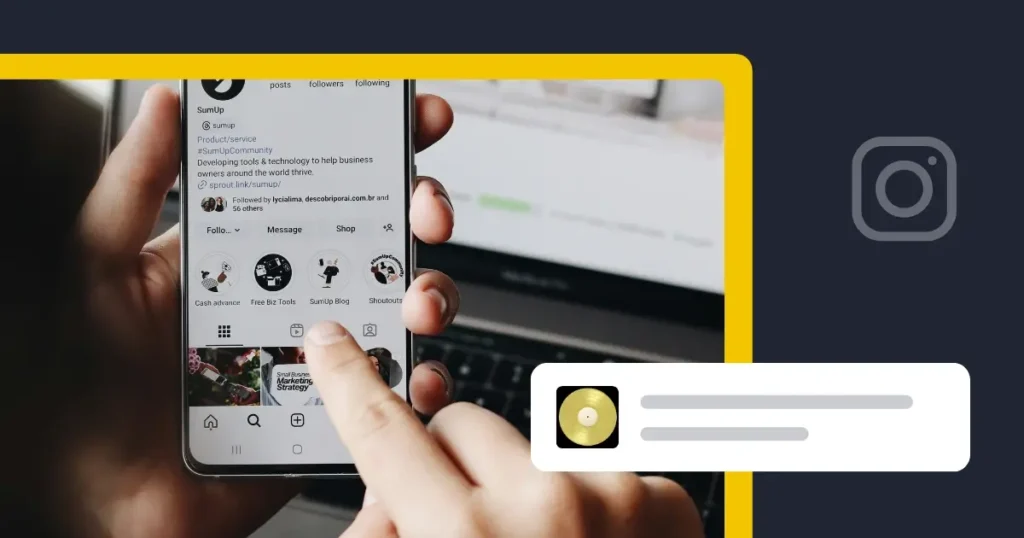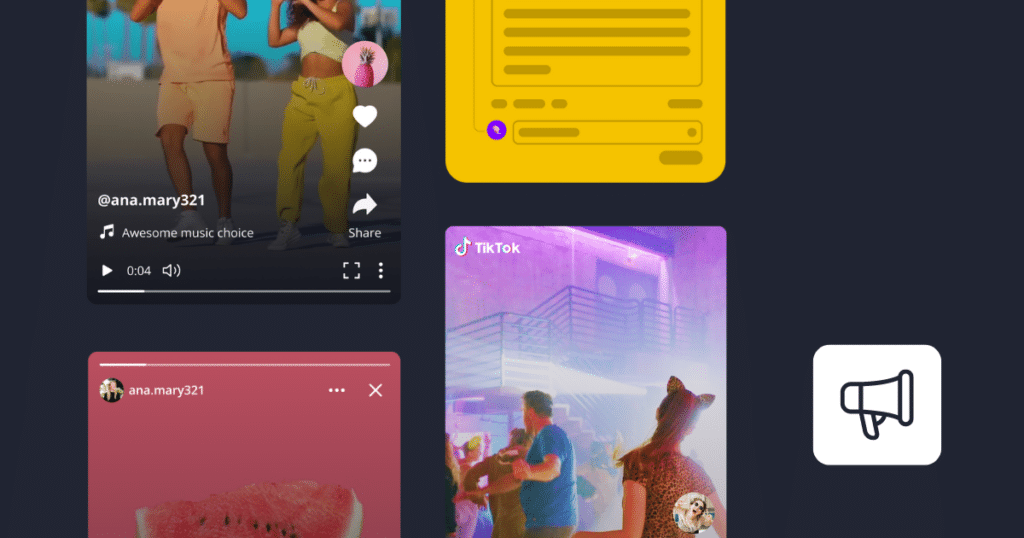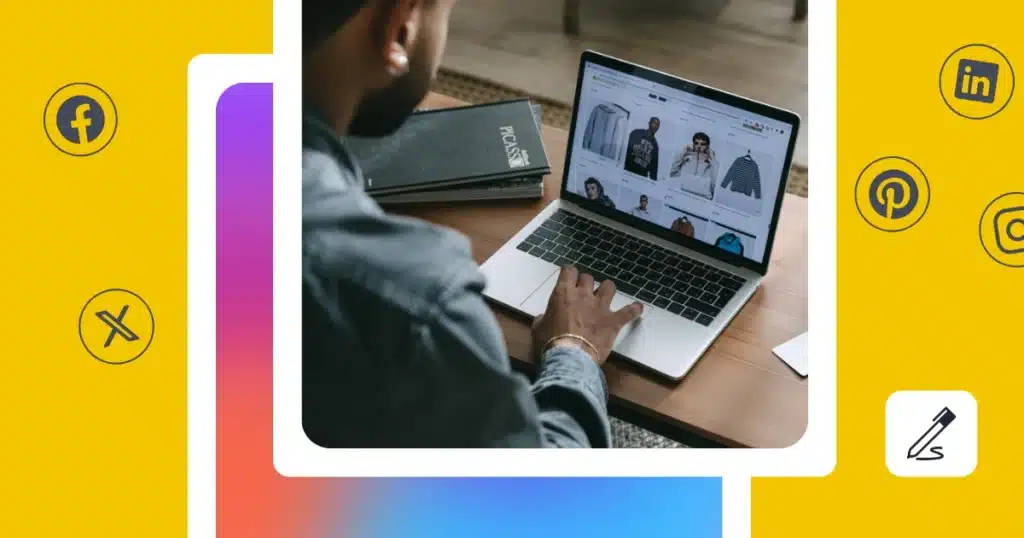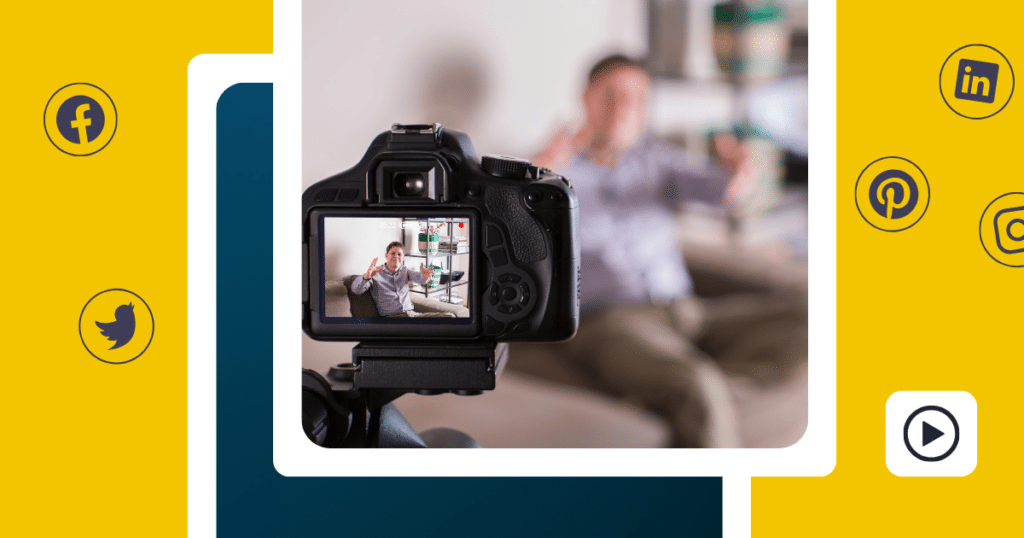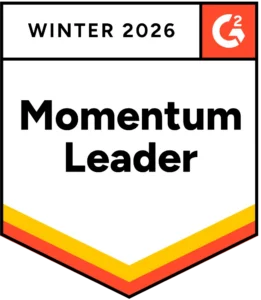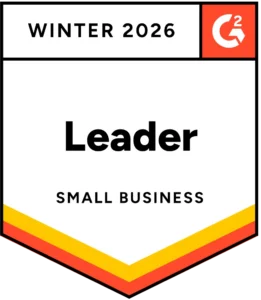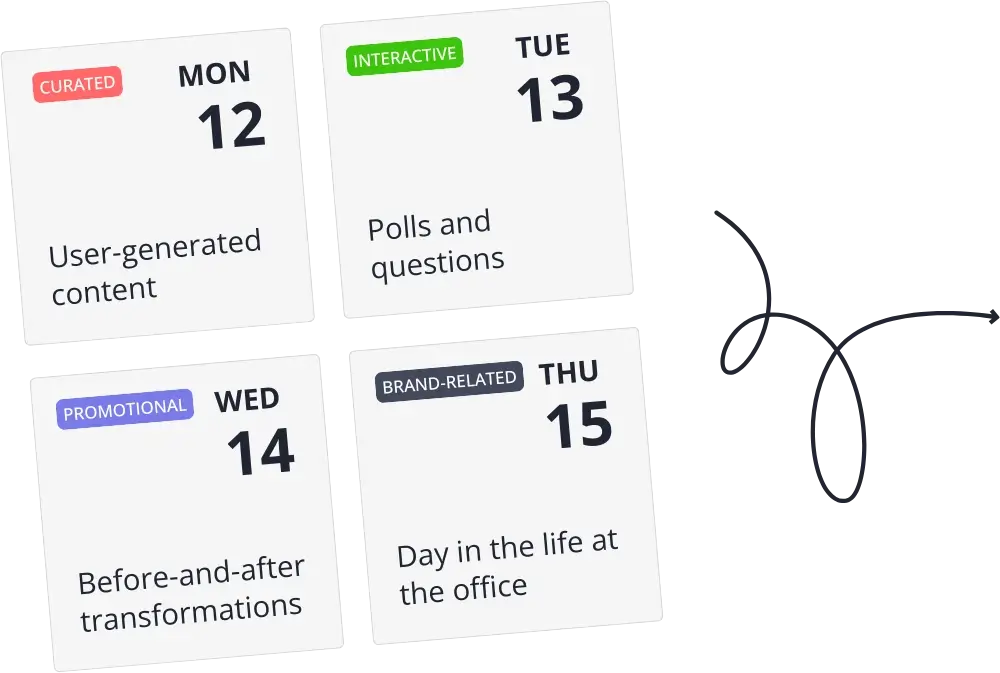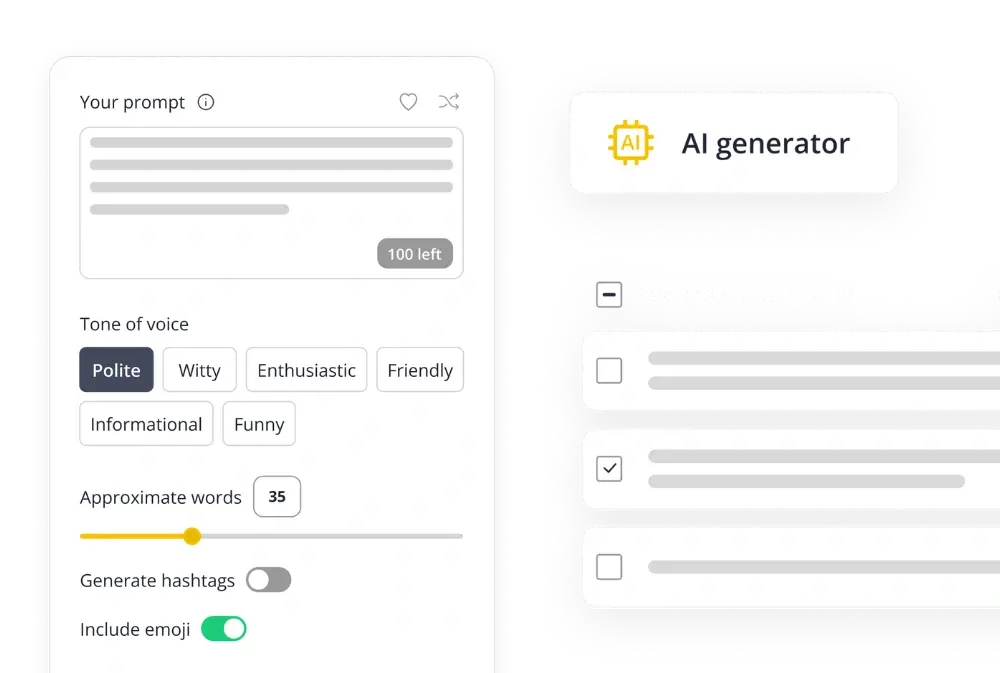SocialBee Blog
SocialBee news
SocialBee is now integrated with cPanel
Create a social media strategy with SocialBee's AI directly from cPanel.
The latest social media news
Keep up with the most recent social media updates and constantly adapt your strategy for the best results.
Facebook is working on a new type of story called “Recap Story.”
Instagram will soon allow users to dislike comments.
Threads now allows users to hide the “Replies” tab (profile level).
TikTok Studio now has a “Scheduled post” feature.
X now has video analytics.
LinkedIn added a “Job Match” tool for job seekers and a “Recruitment AI Agent” for small businesses.
Bluesky now has custom feeds for videos.
Templates & resources
Social media marketing
Social media platforms
Marketing & more
SocialBee features
SocialBee tutorials
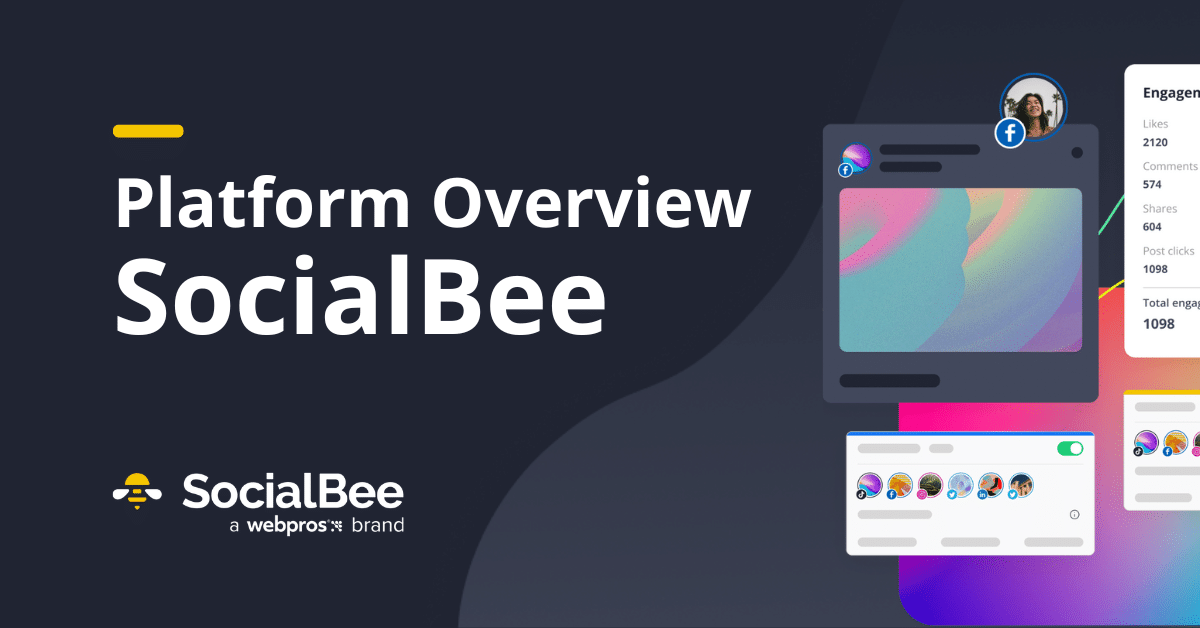
2:34
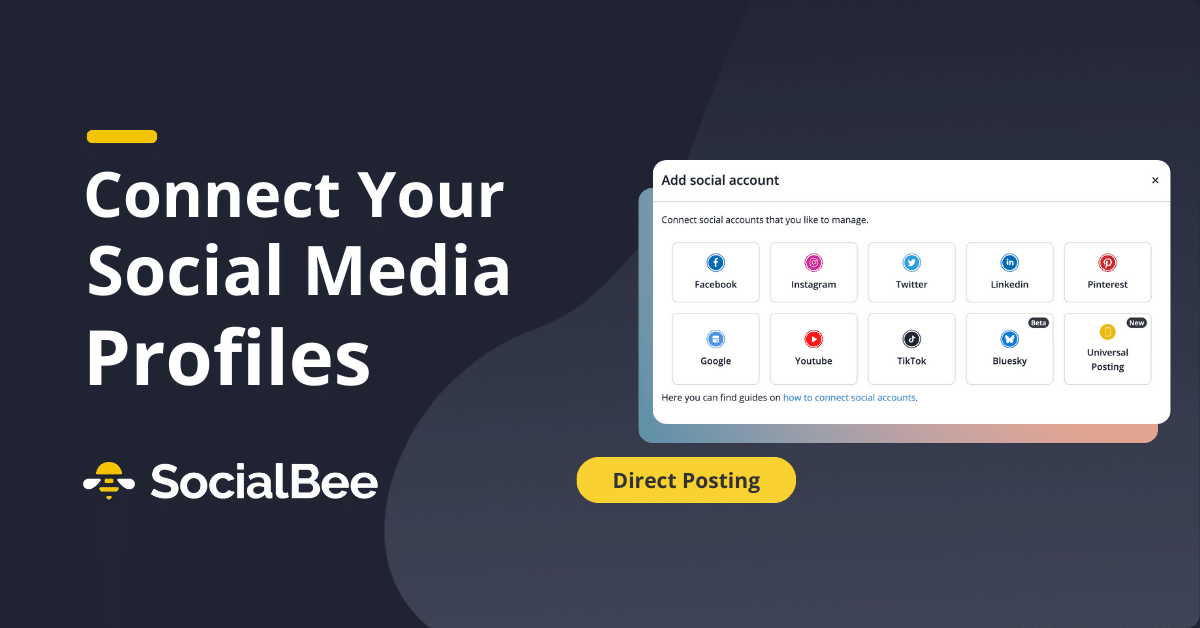
6:19
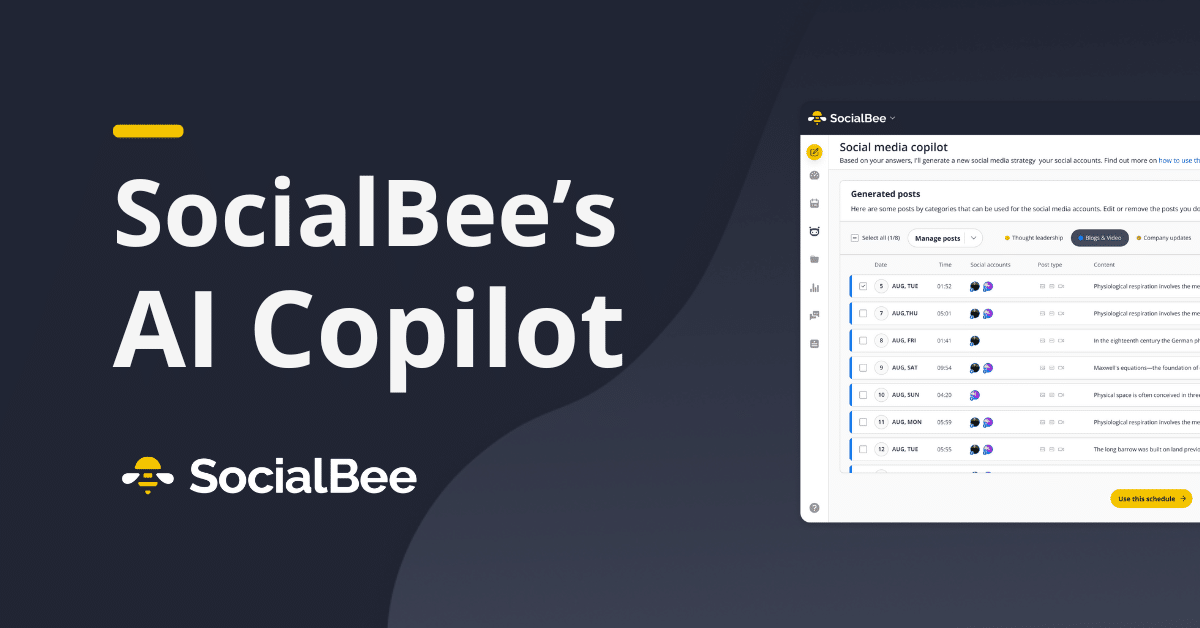
3:36

4:17
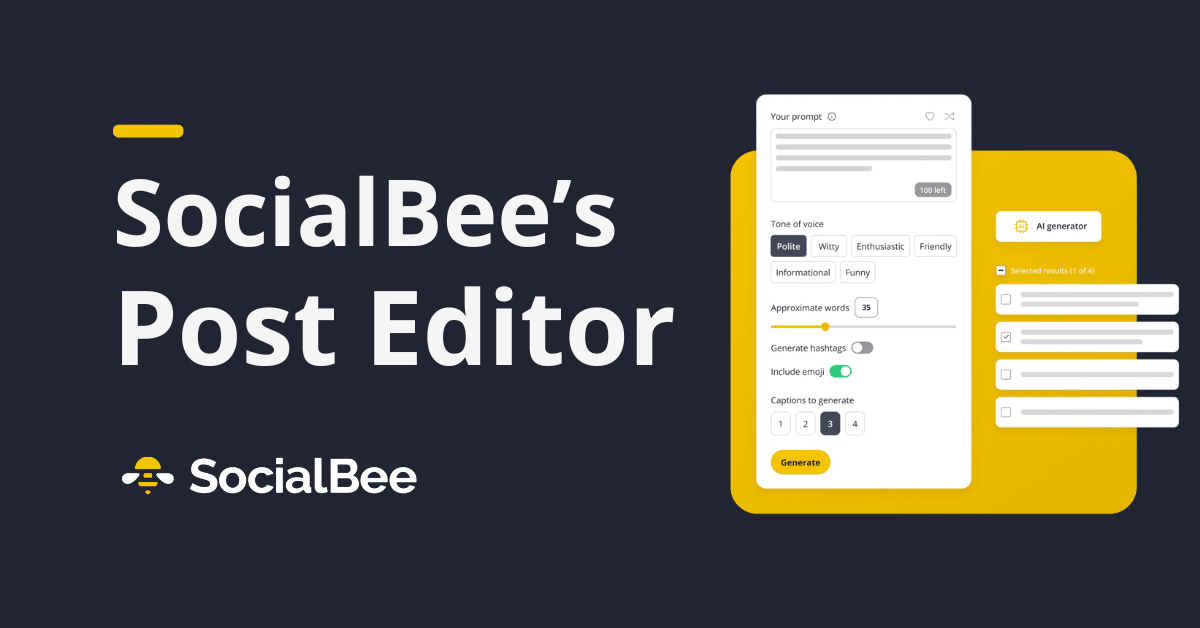
5:39
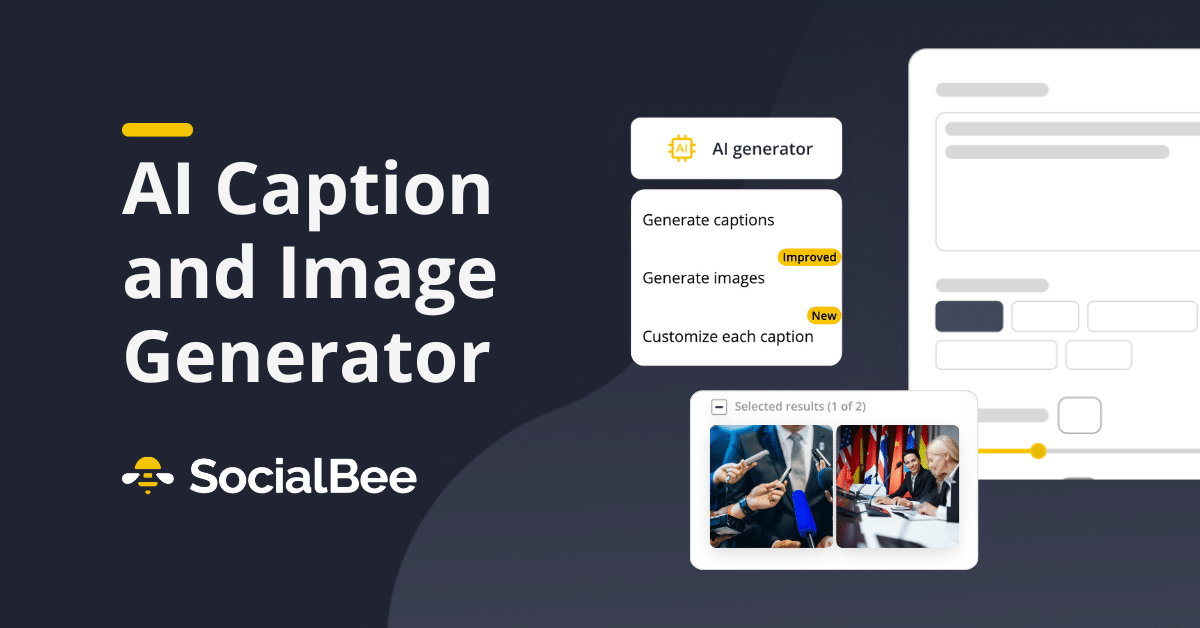
5:36
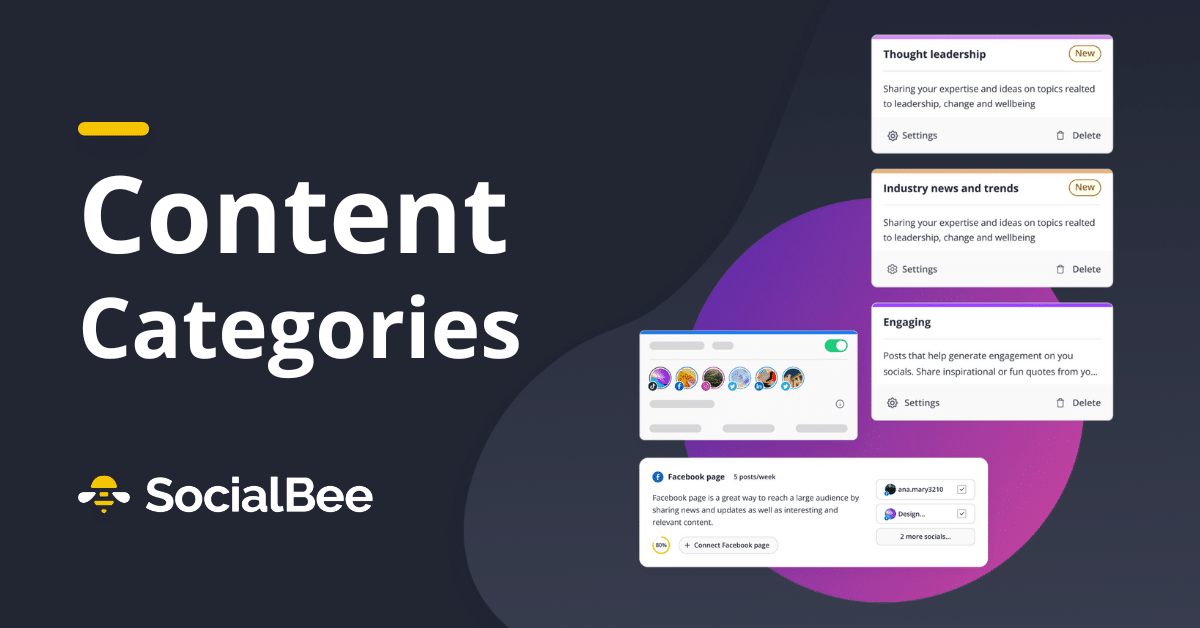
6:32
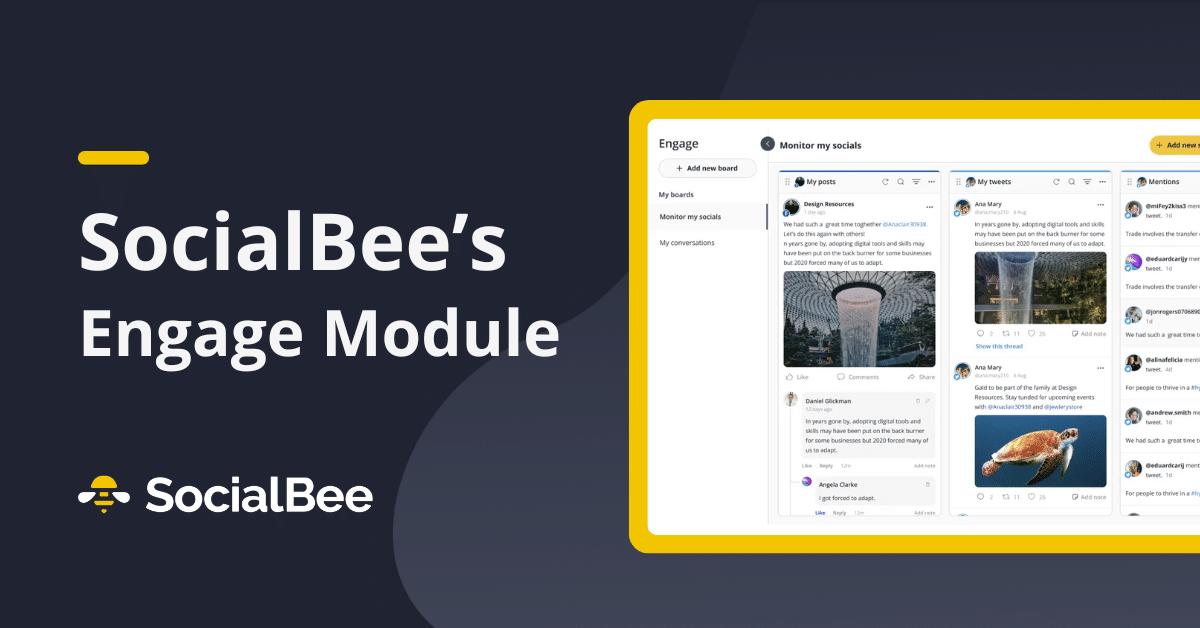
4:32
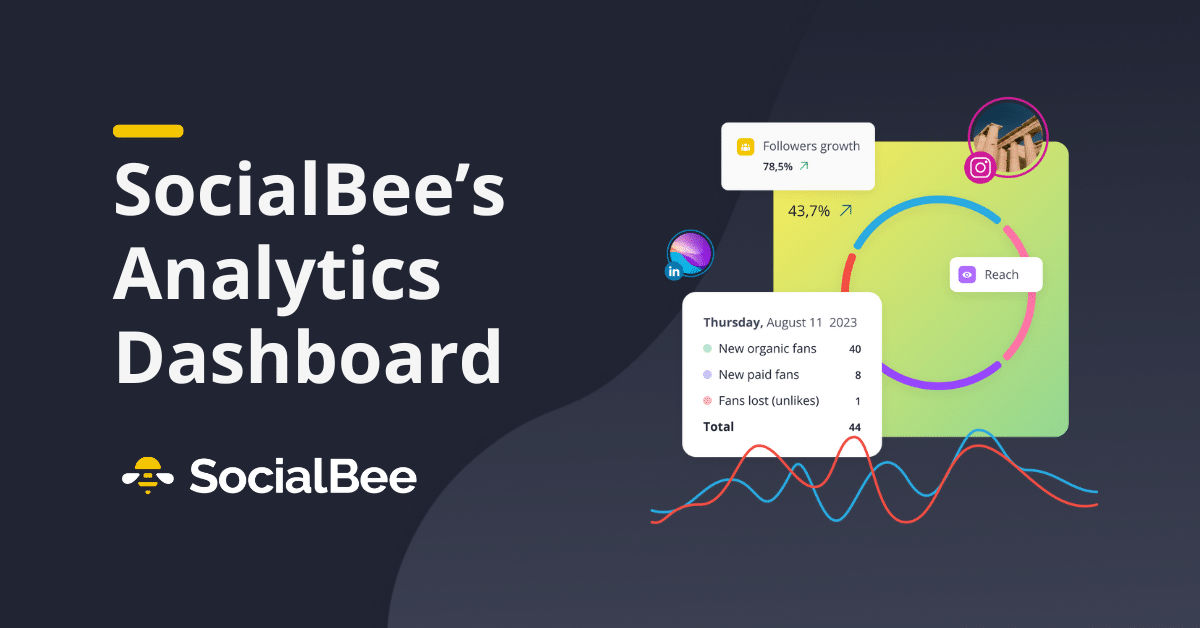
5:04
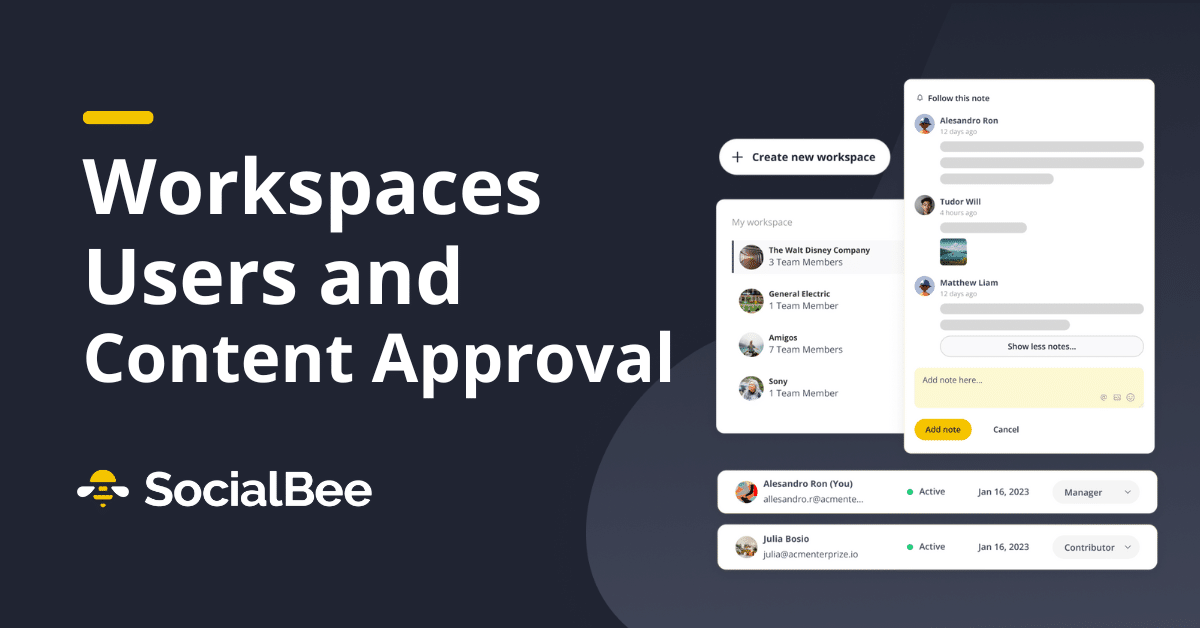
6:31
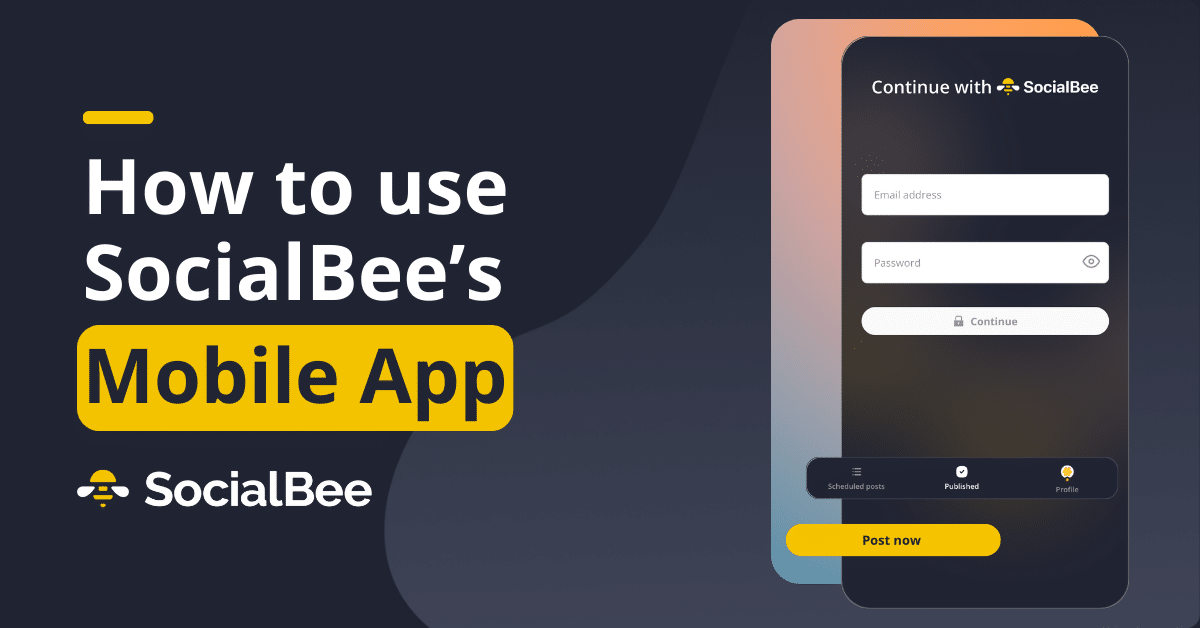
5:22
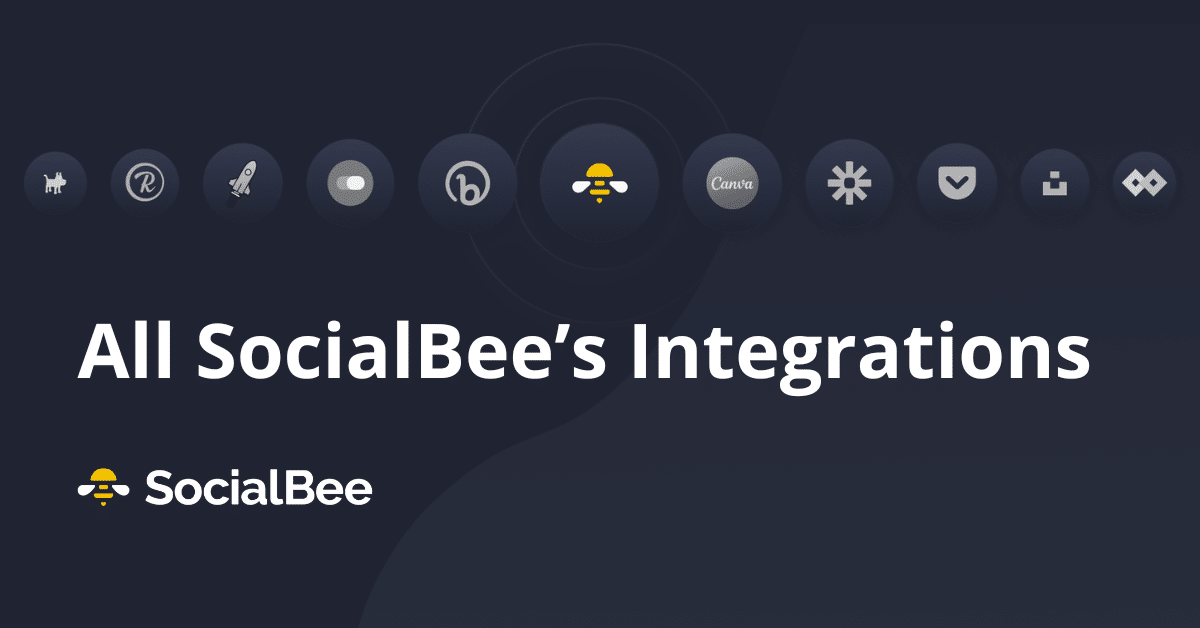
4:21
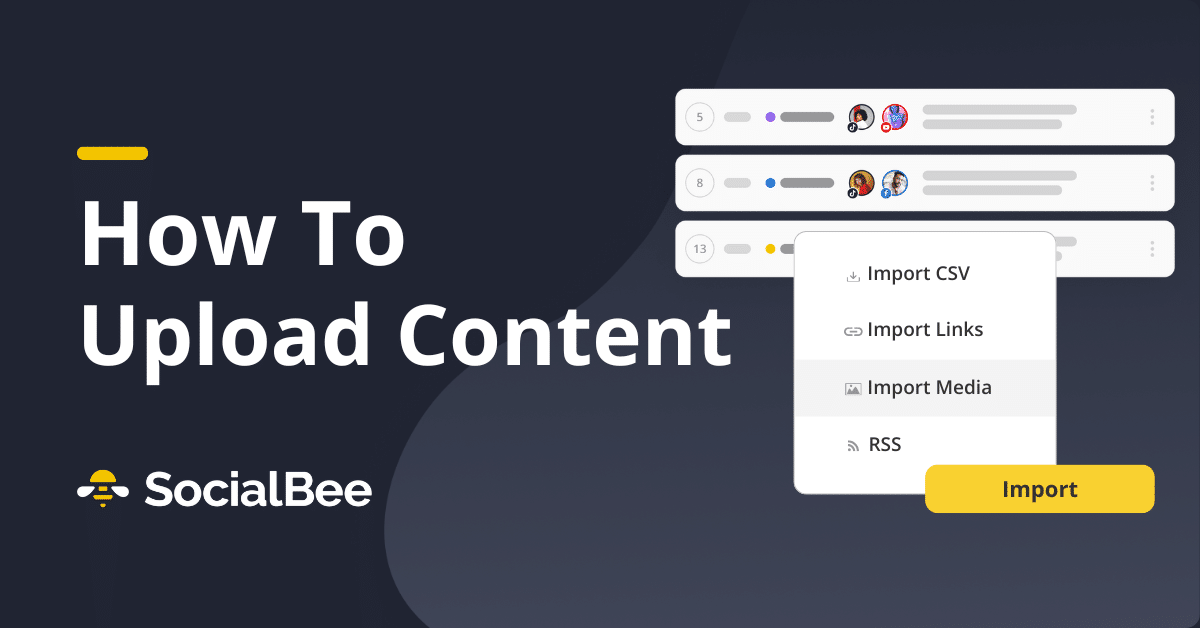
9:48

2:14

3:10

3:40
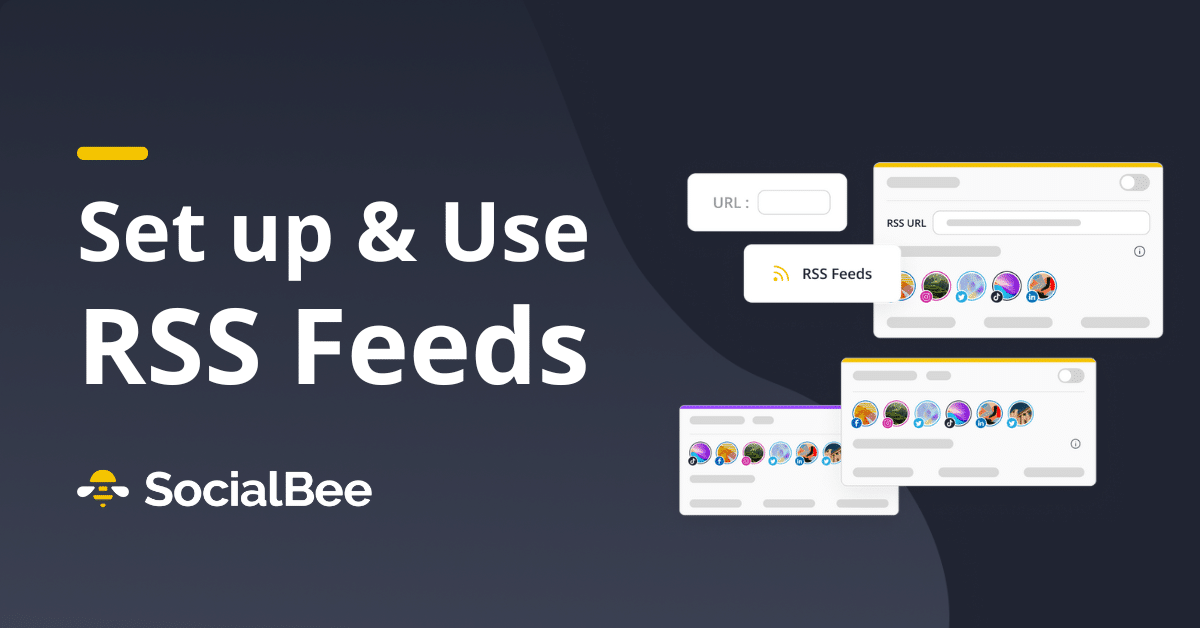
4:09
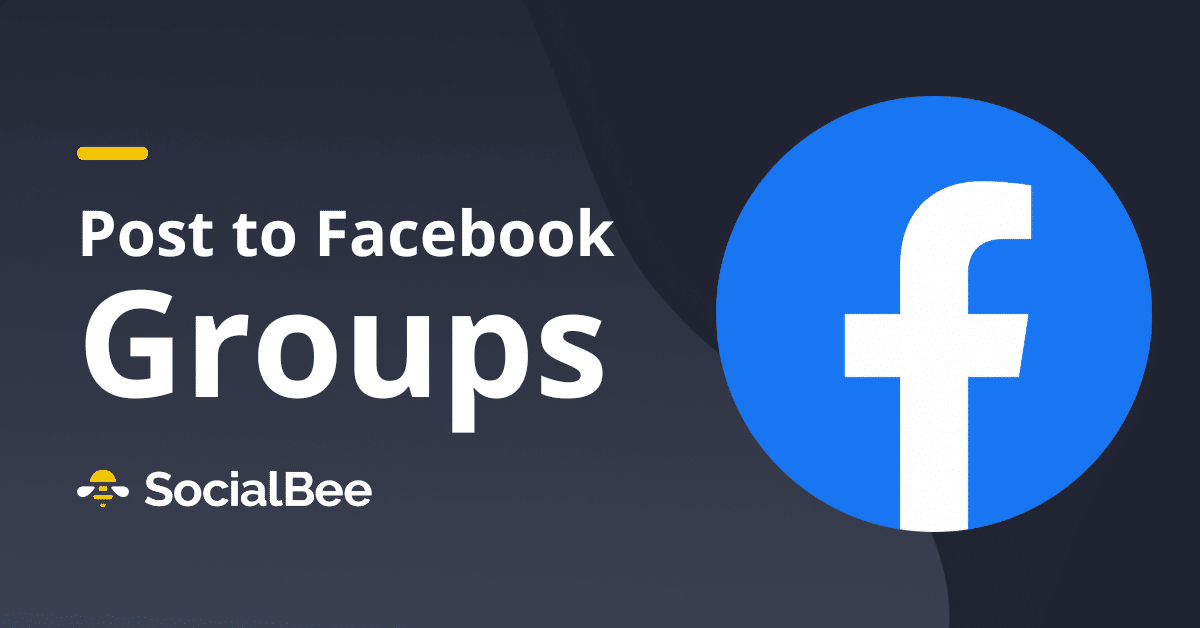
2:55

3:03
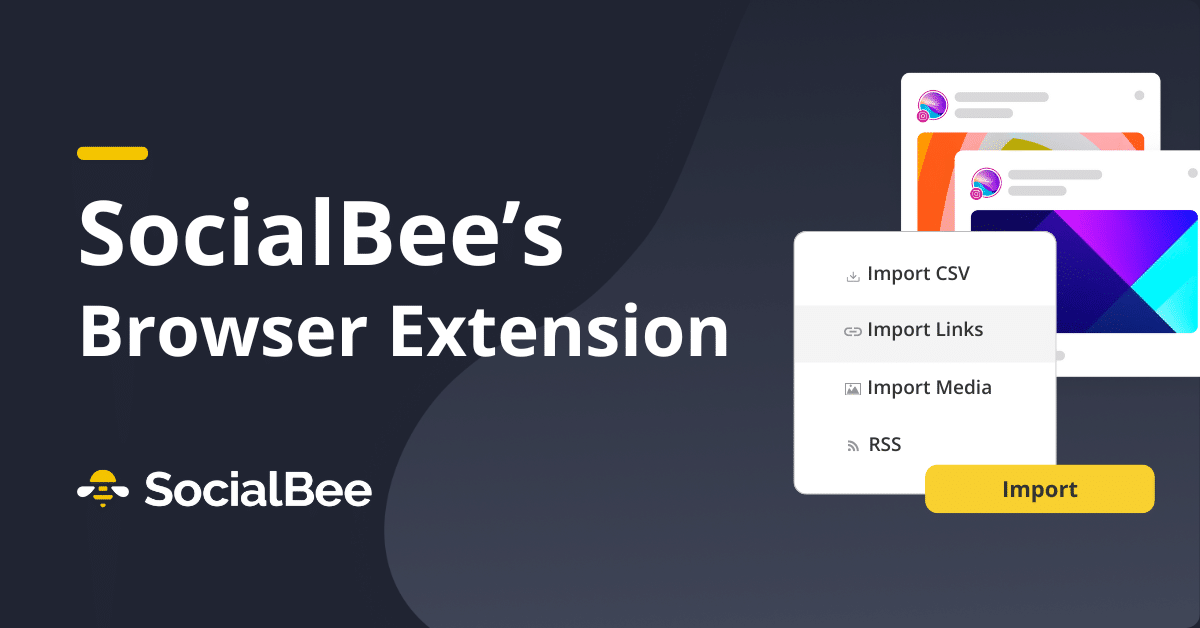
2:16

4:18

4:16
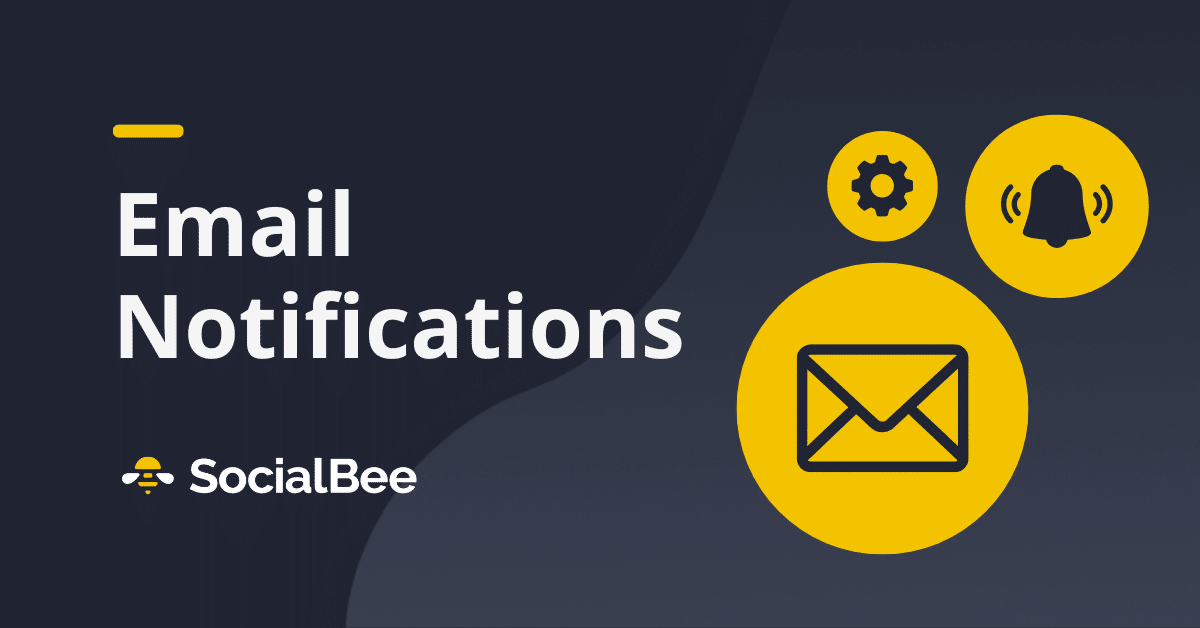
5:12
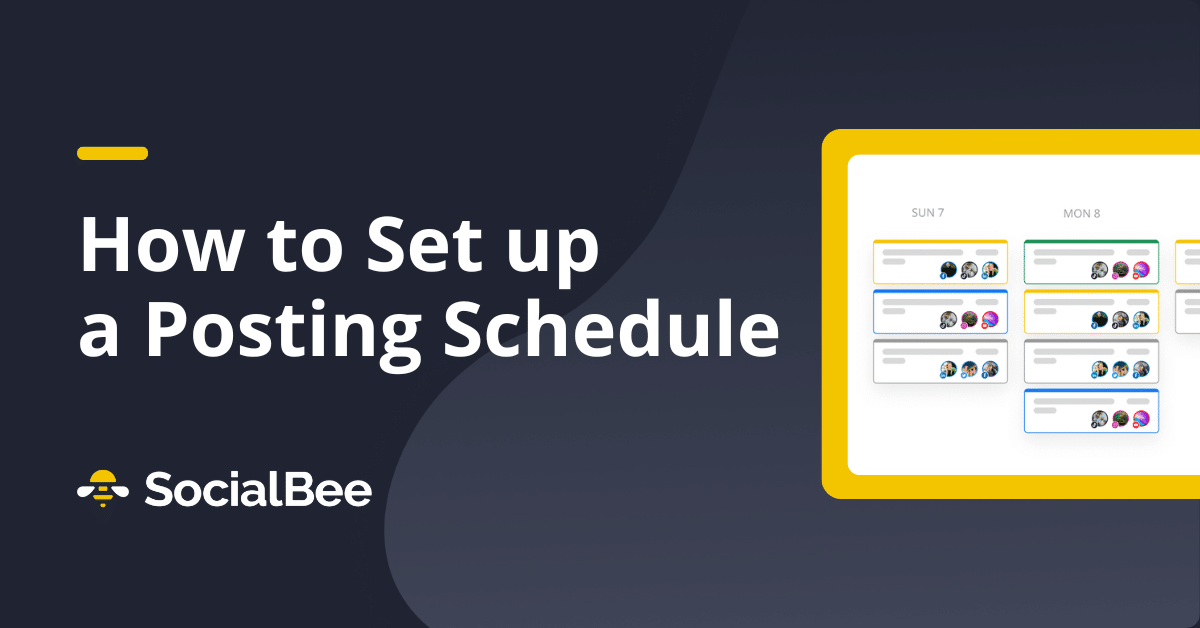
6:15
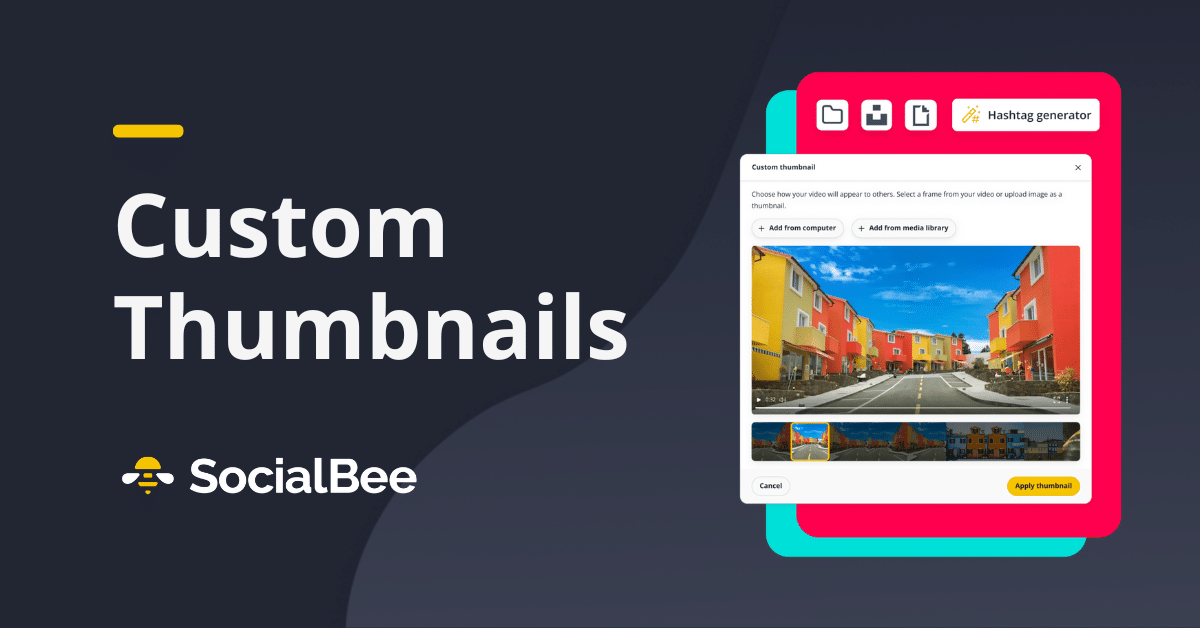
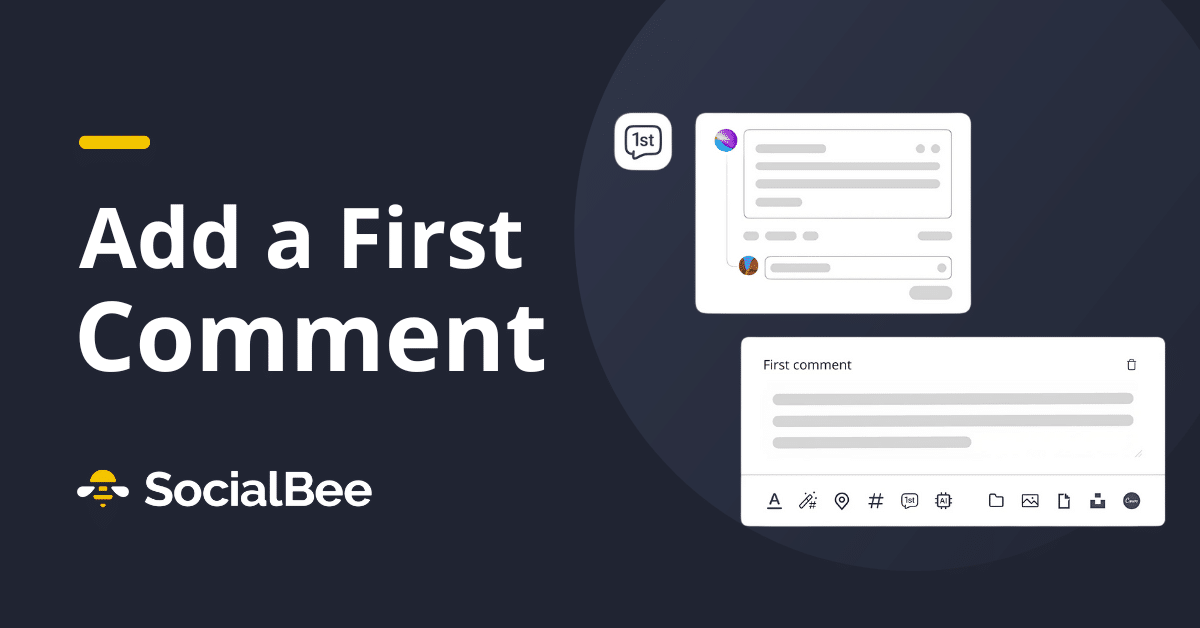
2:10
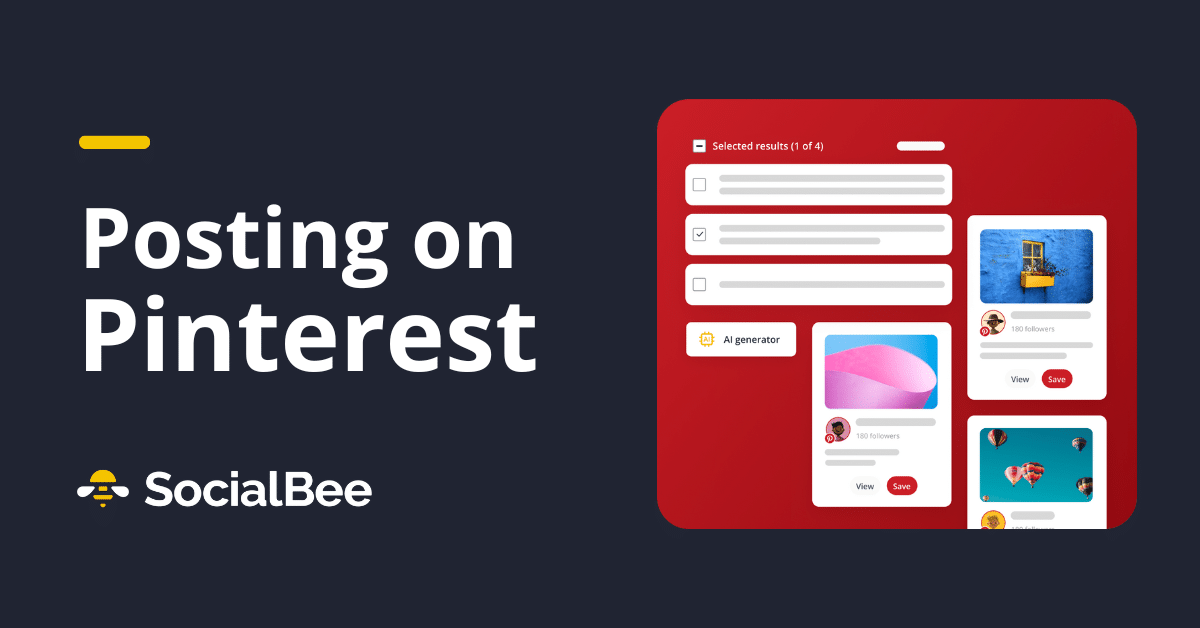
2:10
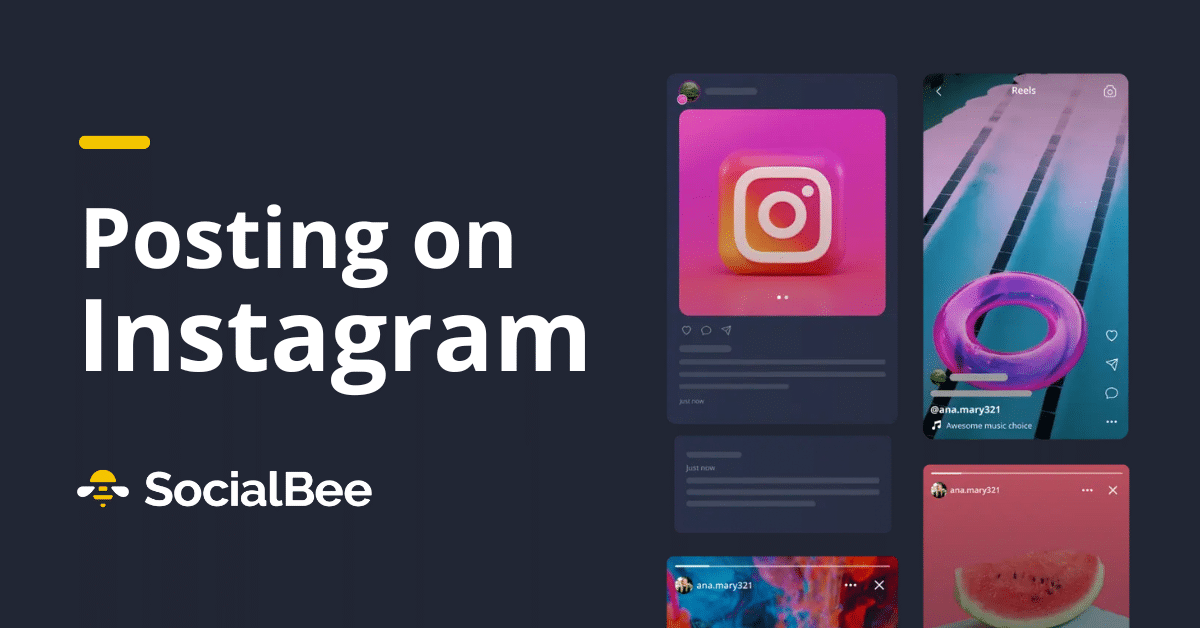
2:10
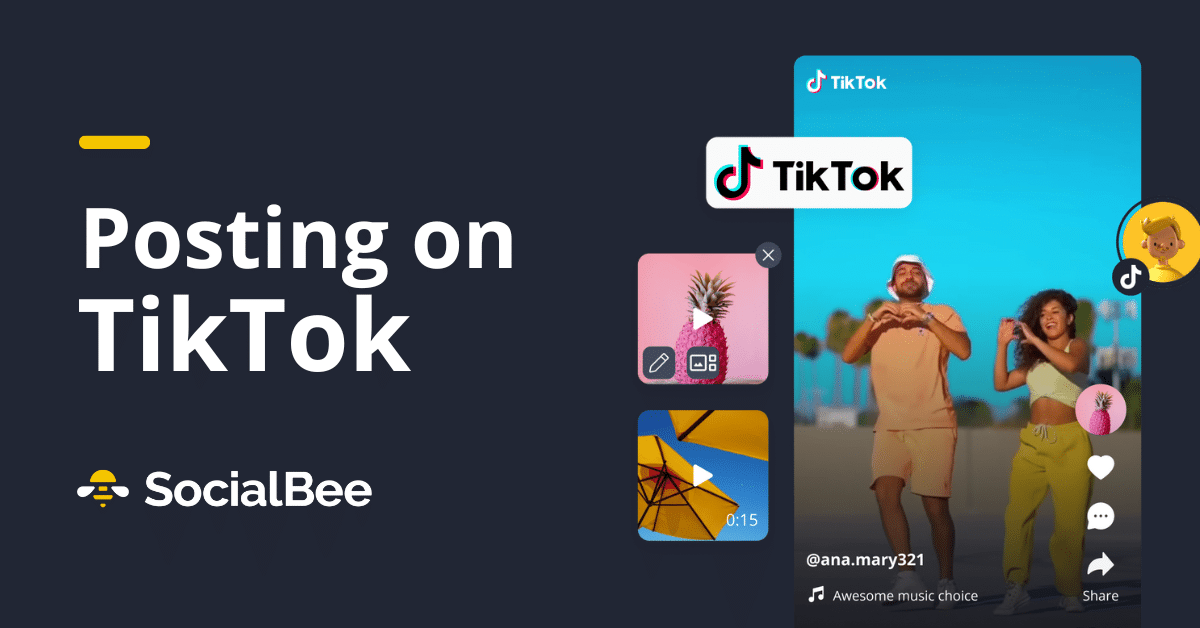
2:10
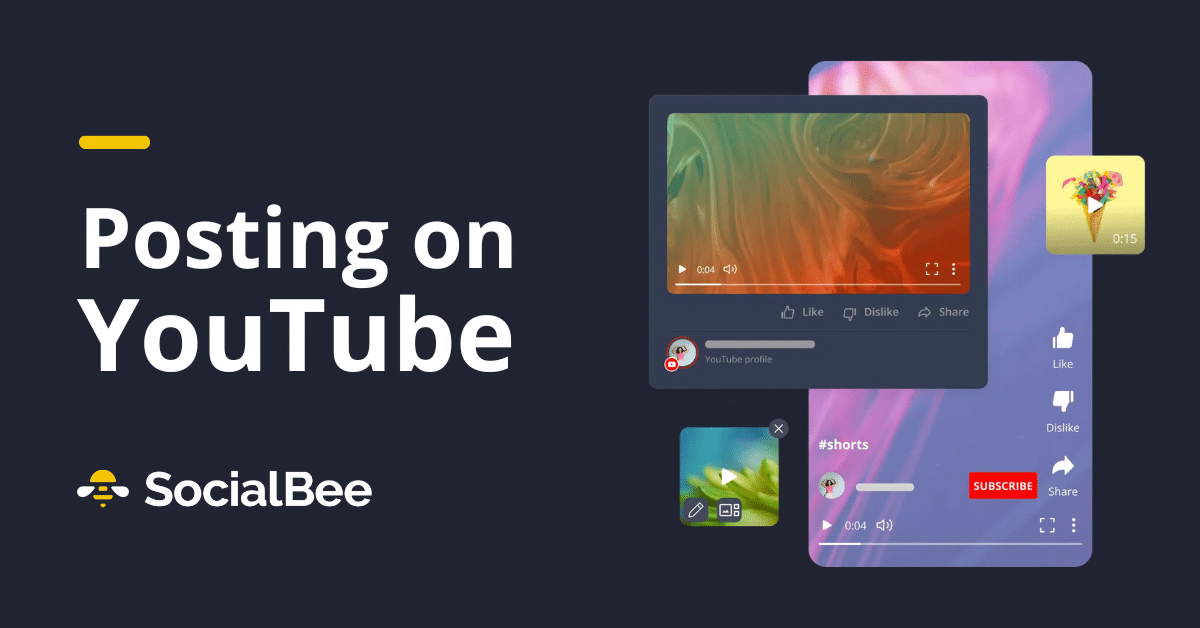
2:10
How to use SocialBee to manage your social media
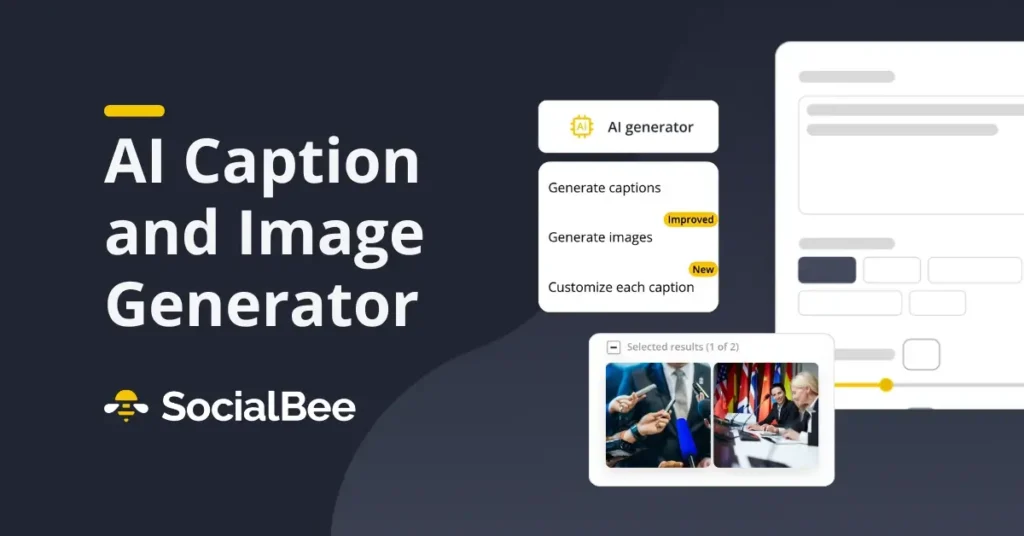
How do I use the AI post generator?
Generate captions & images fast with SocialBee’s AI Assistant.
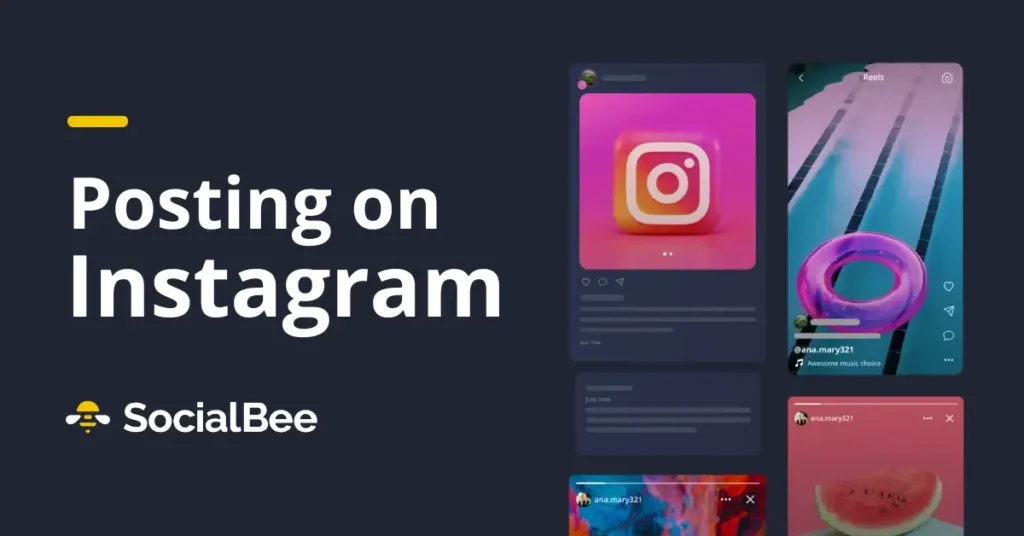
How to post on Instagram
Create, schedule and post anything from feed posts, Reels, Stories, and more, with SocialBee.

How do I add a first comment to a post?
Add a first comment to your Instagram, Facebook, LinkedIn, and YouTube posts.
The latest SocialBee product updates
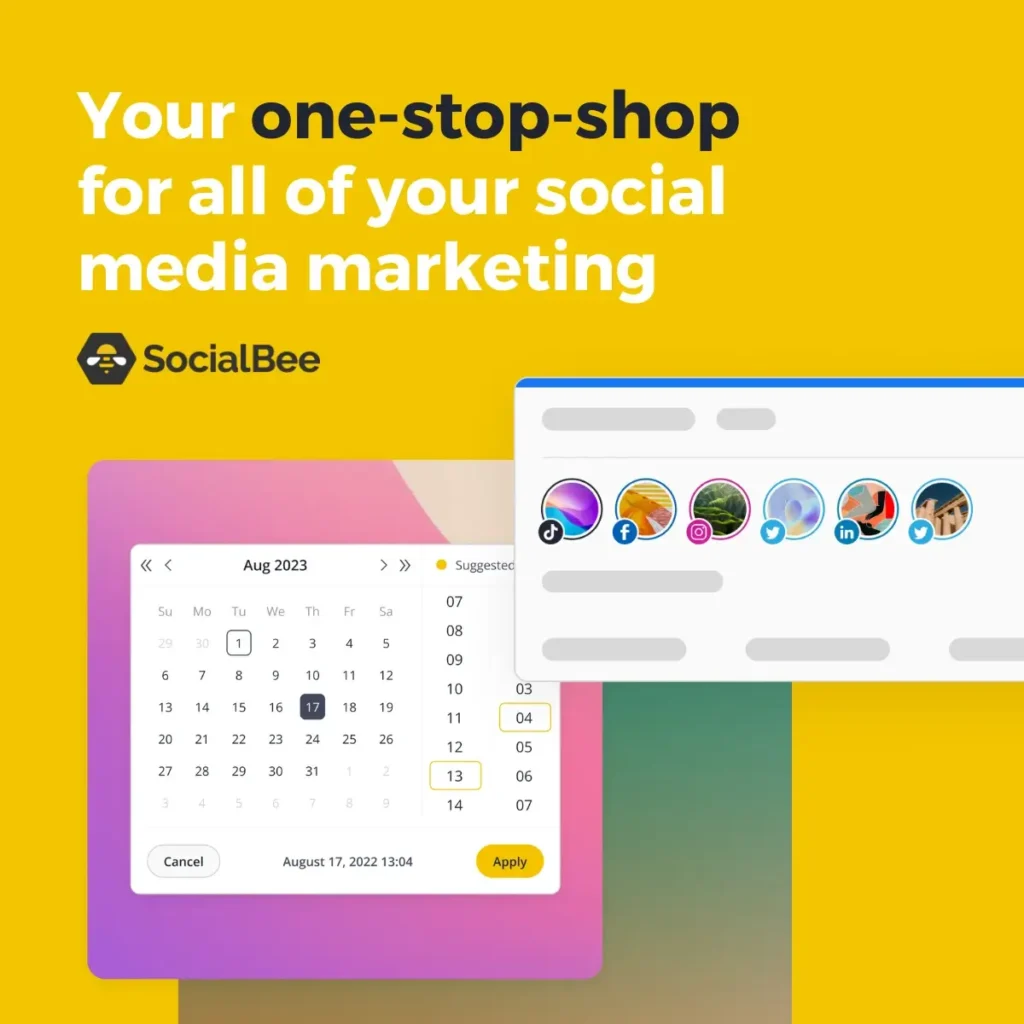
Schedule LinkedIn Carousels
You can now schedule LinkedIn Carousels directly from SocialBee. Upload and publish PDF, DOCX, DOC, PPT, and PPTX files.
Add collaborators to your Instagram Reels
You’ve been able to co-create with images and carousels. Now, you can add collaborators to your Reels too.
Post up to 25k characters with X (Twitter) Premium
If you have an X (Twitter) Premium account, you can now write posts of up to 25,000 characters directly in SocialBee. Regular accounts still have the 280-character limit.
Improve your social media content strategy
SocialBee cuts out the time-consuming tasks out of your social media workflow so you can focus on creating better content.
14-day free trial, no credit card required
